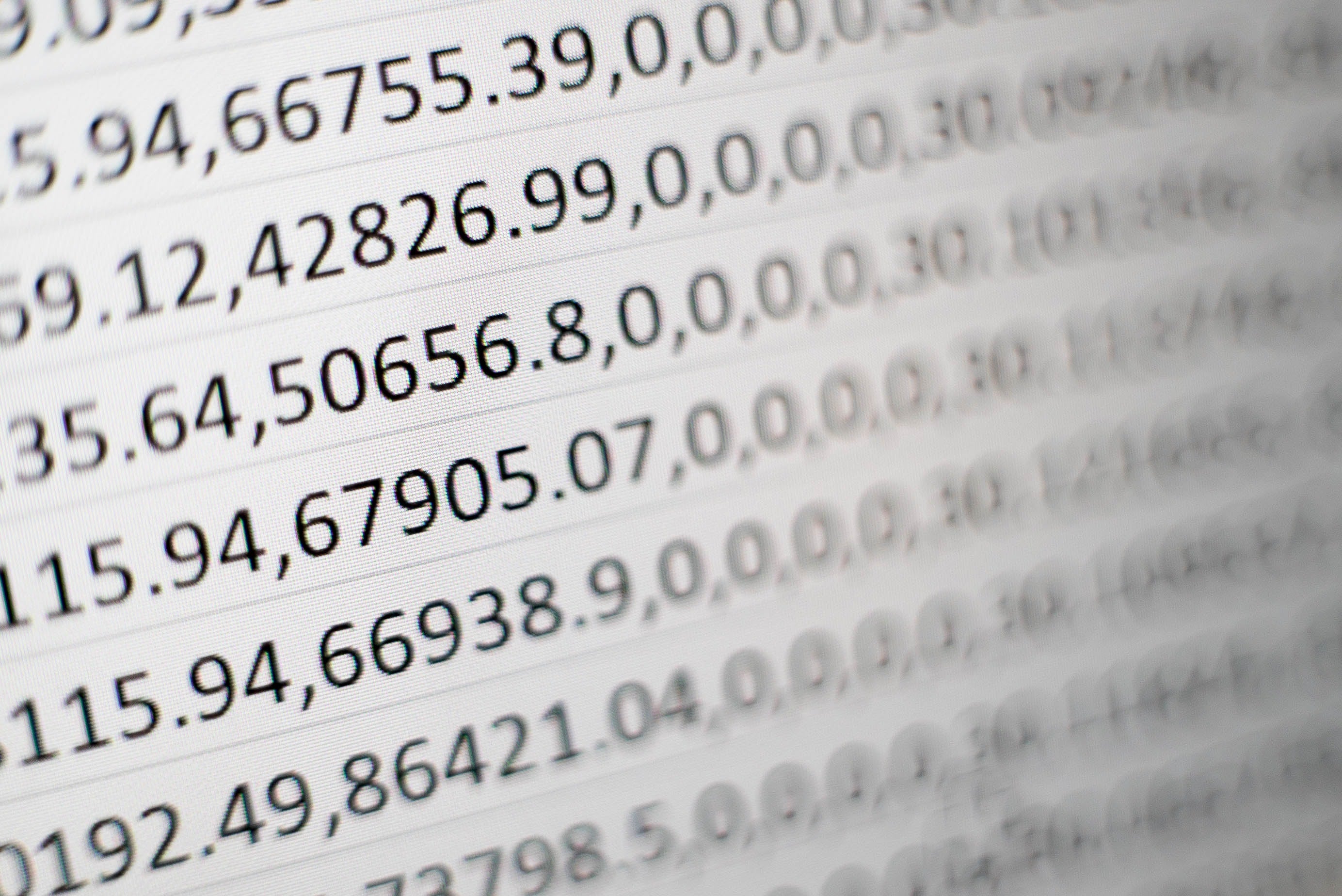Blog #6 in the series on wealth accumulation, Context: male, 29 years old
One thing that is potentially counterintuitive for consumers of financial products or most Americans for that matter is that a bank account is a product just like your iphone or your computer. In similar ways banks compete with each other to attract and store your money. There are few ways that they do this:
- Accessibility of physical locations
- Accessibility and ease of use of online features like money transfers or bill pay
- Sign up rewards
- Annual Percentage Yield (APY)
One of the best sources for comparing accounts and evaluating options can be found on Nerdwallet as I am sure there are additional areas of comparison and they can provide information on the latest products. For the first three areas of competition take these with a grain of salt. Very few people are trying to access physical bank locations anymore or sending out a large number of wire transfers or other bank to bank transactions. Additionally, sign up rewards are often immaterial and short lived. As a result, I am not going to discuss these. Instead we can focus on Annual Percentage Yield or (APY for short).
Think of APY as the amount you are paid to keep your money at a bank. Banks work by borrowing your money, investing it in whatever venture they desire, paying consumers back the APY and collecting on the difference. (With S&P500 returns at 7%+ annually and APY's as low as 0.1% this is a pretty good deal for the banks, but more on this in another blog.)
APY can change over time and for most bank accounts from large banks today, the rate aligns with 0.1% APY. Meaning for every $100 in your bank account you earn 10 cents. This rate can be influenced over time by what the Federal Reserve (the Government’s bank effectively) mandates the cost of borrowing money or Federal interest rate to be. In cases of economic uncertainty or catastrophe, the Fed may lower interest rates to enable people to borrow money for cheaper to stimulate spending & investment. By lowering this rate, consumer banks that take in your deposits can and often do lower the APY that they pay out to consumers to ensure that they maintain the same levels of profit as they did before. Effectively banks have to balance how much they pay out consumers in APY with how much they can earn from loaning out capital via interest rates.
In effect, this means that some banks and institutions depending on their risk appetite, their deposit acquisition strategy, or their capital deployment strategy can pay out consumers at different levels of APY. This means that you should at least in part be evaluating banks on this rate.
Banks that offer accounts with particularly high APY's are called High Yield Savings Accounts. These are online banks (no physical footprint) that pay out materially more than the products of typical large banks. For example Marcus by Goldman Sachs is paying out at 0.50% APY vs. the national APY rate of 0.1%. This effectively 5x more on an annual basis. While seemingly attractive make sure you are doing the back of the envelope math to understand the value of this switch. For example, multiply your total expected deposited amount (how much you are going to keep in the account) by the APY. (Ex. $1,000 *0.5% APY = $5). Compared to the national APY of 0.1% where you earn $1 the switch is going to improve your standing by $4. For this reason, so should never consider a bank account an investment or consider keeping a large portion of your money in one of these accounts.
Generally, I like to use these types of accounts in conjunction with a traditional large bank account to store a cash safety net. This allows me to collect for free on the higher APY while also giving me the stability and convenience (ie. ATM access, access to quarters, loans etc.) of a traditional banking operation.
Citation
“The Fed’s Tools for Influencing the Economy.” Investopedia, 29 Aug. 2021, www.investopedia.com/articles/economics/08/monetary-policy-recession.asp.
Bessette, Chanelle. “9 Best Checking Accounts of AUGUST 2021.” NerdWallet, 30 July 2021, www.nerdwallet.com/best/banking/checking-accounts.





Leave a comment
All comments are moderated before being published.
This site is protected by hCaptcha and the hCaptcha Privacy Policy and Terms of Service apply.